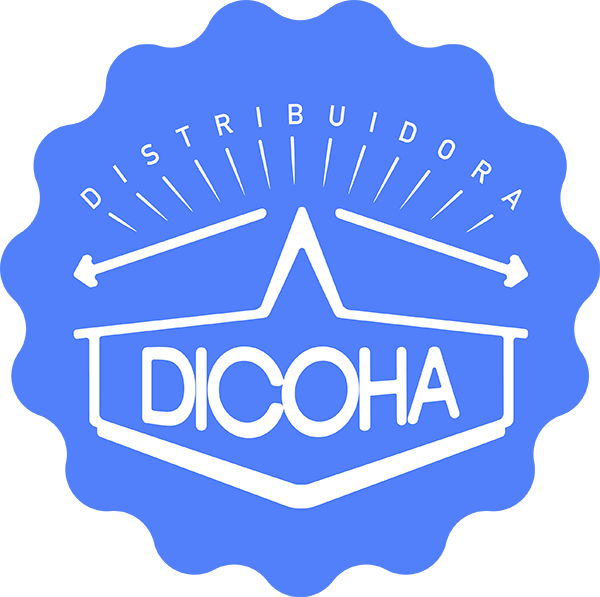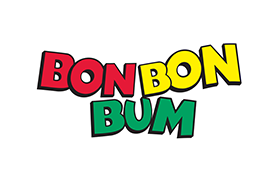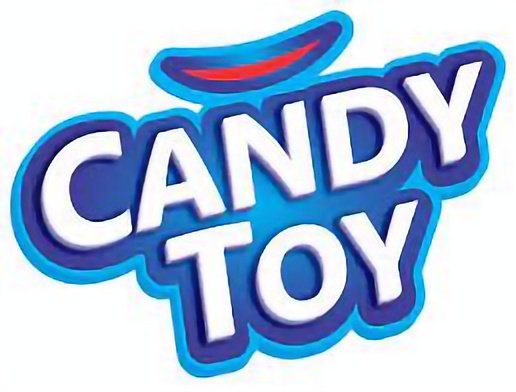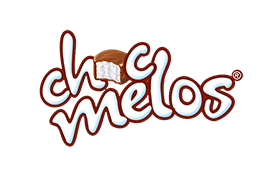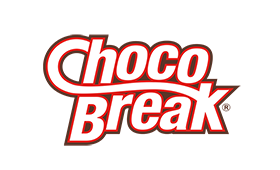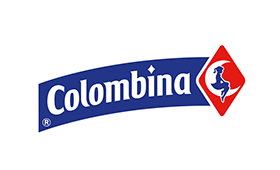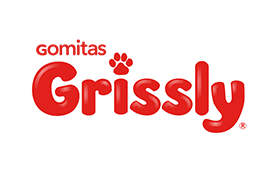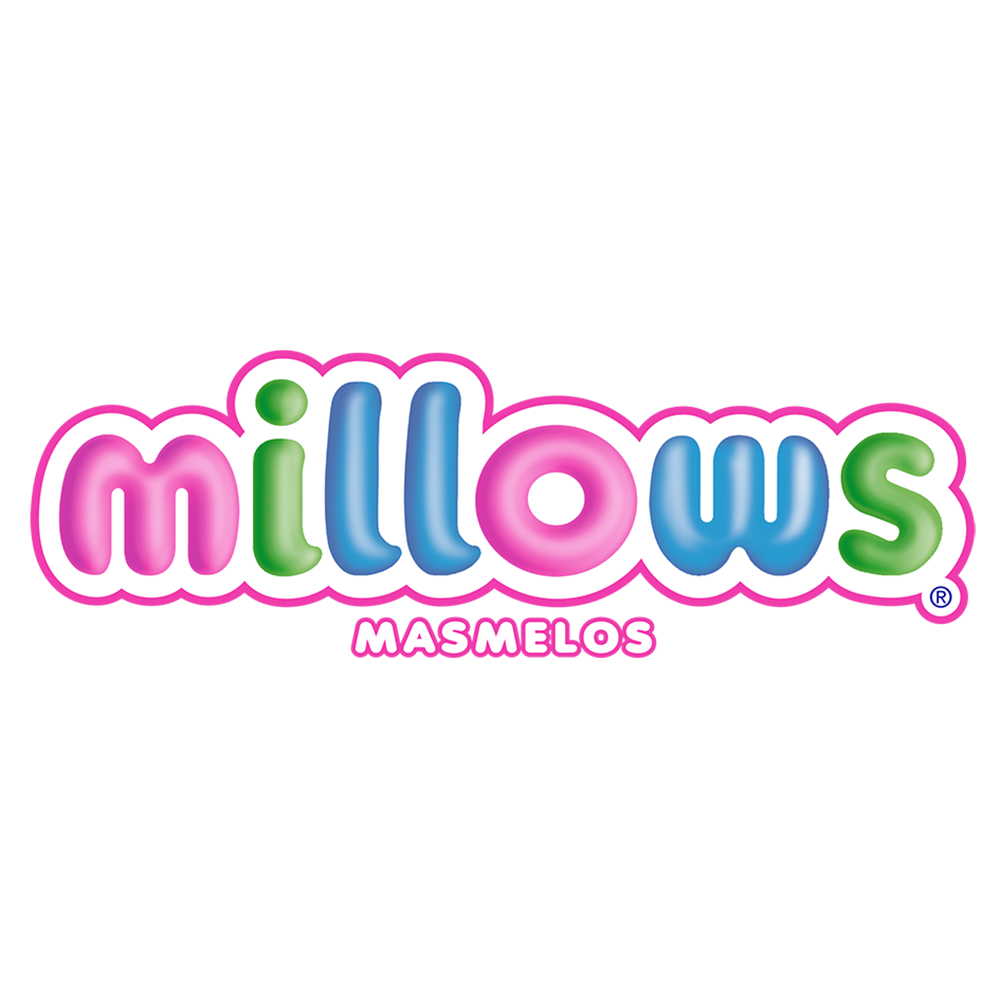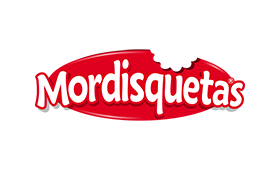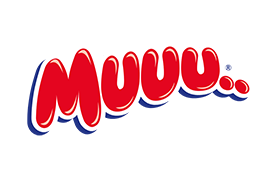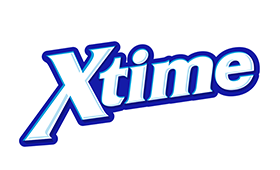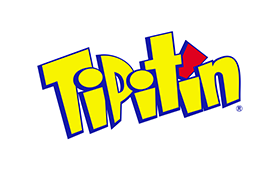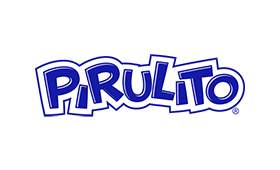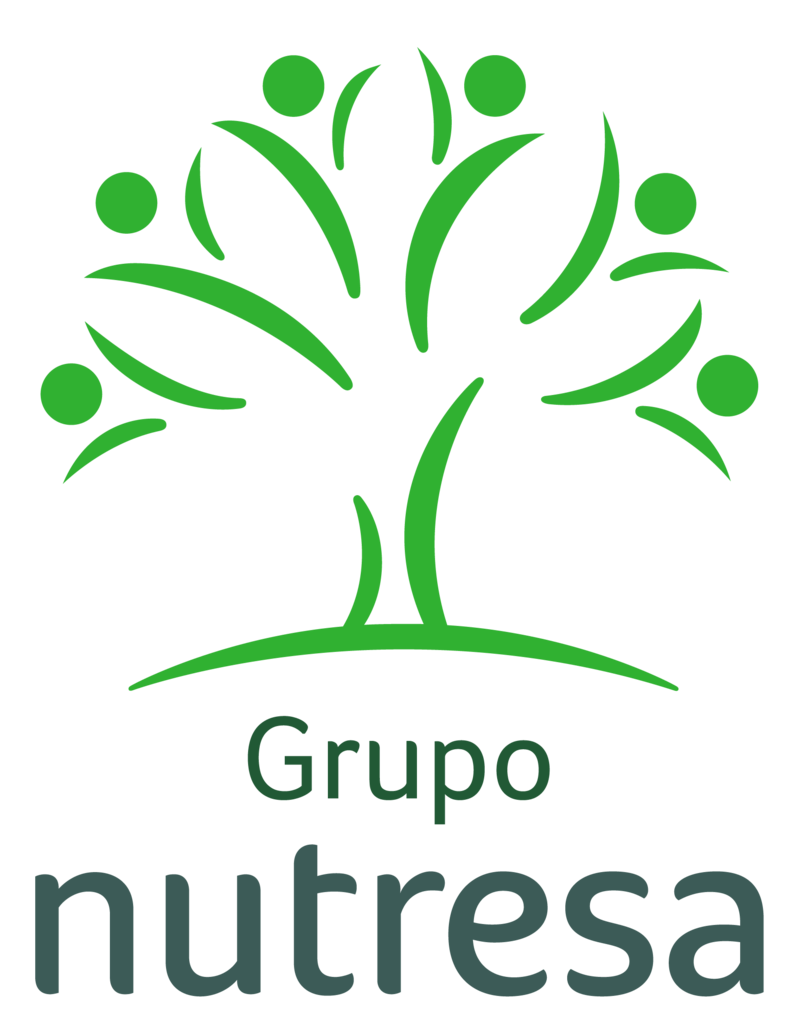However, such gatherings can also lead to less desirable outcomes, including unfiltered speech, unplanned commitments, and unprofessional conduct (TLNT). While alcohol and exercise don’t mix well, exercise can play a valuable role in reducing alcohol dependence and preventing unhealthy drinking habits. It may help curb cravings and provide short-term relief from the urge to drink.
Many drug addictions and alcohol use disorders develop without a person even noticing. What starts as a drink or two after work every day becomes a routine and addiction. Drinking during work hours or work-related events requires a careful approach. While some workplaces may have a culture of casual drinking, it’s important to remain professional and aware of your limits.
The Dangers of Drinking After Work
Many people reach for a drink after a stressful day, believing alcohol provides genuine relaxation and stress relief. This association between drinking and unwinding becomes powerfully reinforced over time. However, regular alcohol consumption adds an extra layer of burden on these vital organs. The liver is already responsible for metabolizing alcohol and clearing toxins, and it also supports blood sugar regulation and recovery. After consuming 2 standard alcoholic drinks, you should wait 4 hours or more before engaging in physically demanding tasks and workouts, especially those that require focus, coordination, or strength.
Ways To Avoid The Habit Of Drinking After Work
There are numerous healthier alternatives that can help reduce stress and improve overall well-being. Engaging in physical activities like establishing an exercise routine can be a great way to let off steam. In England, for example, alcohol-related productivity losses amount to over £5 billion annually.
Feeling too stressed out can impact how well you keep your patience and temper in check when at work. Perhaps surprisingly, over one-third (38%) of Americans believe after work drinks are a good way to bond and strengthen a team. This might have https://stomatolog-enka.ru/en/polost-rta/belaya-polosa-nad-verhnej-guboj.html something to do with the relaxed nature of a restaurant or bar as compared to a stressful office environment. Employees can get to know each other on a more personal level, which can translate into working together more cohesively.
Alcoholism at Work: Signs, Causes, Effects & Treatment
“You’re not drunk, you know when you’re in the sweet spot, you’re high-fiving people and you’re chatty and you’re having a good time and the flow is good, like my bartending is on point,” said Matthew, a research participant. Frank the Tank needs to stay at home, and all that frat boy behaviour, yeah, you should have outgrown that by now. There’s a time and a place for a good game of quarters, but there’s no gold medal at the bottom end of a glass. We’re not asking you to nurse it, just to keep in mind that he or she who drinks the most usually ends up the loser. A beer and a bourbon say as much or more about you than the $20 dessert wine you hoped would get a reaction.
Don’t:Drive
- As part of this consideration, the researchers also encourage employers to consider who stands to benefit from their workplace’s drinking culture and who may be placed at risk of harm and exclusion.
- Unfortunately, many occupations come with stress while others may take lots of manual labor.
- Alcohol disrupts the chemical balance in your brain and affects the way you think, feel and behave.
- Drinking after work is a common social activity across various professions.
- If you’re ready to quit drinking and reclaim your life from addiction, call now, or click to chat.
- Medications approved to treat alcohol dependence may also be prescribed as part of the treatment plan.
Try to avoid options that contain acetaminophen, the active ingredient in Tylenol, as this ingredient may cause liver damage when taken in combination with alcohol. The belief that alcohol enhances your personality and social skills is particularly persistent. Many convince themselves they need liquid courage to be charming, witty, or interesting at gatherings.
The concept of ‘nomikai,’ or drinking parties, is a deeply rooted tradition in Japanese work culture. These gatherings serve as a platform for building trust, rapport and ‘nomunication’ — a term combining ‘nomu’ (to drink) and communication. Typically held at izakayas or restaurants, nomikai are organized to mark milestones, celebrate successes and foster camaraderie among coworkers, superiors and subordinates alike. Nomikai often includes speeches and can start formally, but as the evening progresses, they become more casual and convivial.
- After drinking alcohol, be sure to prioritize rest the next day, if possible, to help combat your hangover.
- If that makes you grumble, consider that anxiety and other hangover symptoms aren’t the worst side effects of evenings spent getting drunk with colleagues.
- Many convince themselves they need liquid courage to be charming, witty, or interesting at gatherings.
- Activities that foster co-regulation—where nervous systems respond to each other in a safe and supportive way—help people feel calm, grounded, and resilient.
- Heavy drinking during the workweek contributes to a prevalence of alcohol-related health problems among workers, inevitably affecting the productivity of firms.
Effective management strategies are essential for https://superbossclub.ru/en/obrazovanie/infantilnoe-rasstrojstvo-lichnosti.html maintaining a healthy balance between social life and well-being. Notably, individuals with a family history of alcoholism should exercise increased caution. Despite these risks, the social pressure to participate in after-work drinks is significant.
Alcohol use disorder (AUD) is characterized by an inability to control drinking, preoccupation with alcohol, and continued use despite negative repercussions. It is a pattern that may start with after-work drinks but can escalate to more frequent and higher quantities of alcohol consumption. In Western societies, the institutionalization of regular alcohol consumption has been observed in various stages of life. In the workplace, drinking has often been seen as a means of fostering camaraderie, boosting morale and relieving stress. However, contemporary attitudes are shifting, with increased awareness of health, safety and appropriate behavior leading to a decline in work-related drinking culture.
An employer should not request or require an alcohol test unless there is «reasonable cause,» Shea said. This could include slurred speech, an odor of alcohol, an accident that appears to have been caused by substance abuse, impaired mobility or the discovery of empty bottles of alcohol in the employee’s desk drawer. Regular after-work drinking can lead to a myriad of health issues, impacting various organs and bodily systems. A standard drink, as defined by health guidelines, can still pose significant risks if consumption becomes frequent and excessive.
Even 24 hours after moderate alcohol intake, it can impair cognitive function, coordination, and reaction time, which increases the risk of injury during physical activities. Feeling overwhelmed or getting down on your work performance from time to time is normal. But if these symptoms are extreme and the only way you seem to be able to relieve them is by drinking alcohol, you may be headed down a toxic road that leads to alcohol addiction. It’s often a relief to knock back a drink or two after a long day at work, and as an added incentive, happy hour is usually from 4–6 p.m., coinciding perfectly with the end of the workday.
It’s typically used for temporary relief when you’re constipated once in a while. While there are a variety of supplements and vitamins that are marketed for reducing hangover symptoms, remember https://maestrostomat.ru/en/polost-rta/belaya-polosa-nad-verhnej-guboj.html there are no scientifically proven remedies for alleviating hangovers. Consuming another alcoholic beverage to help combat a hangover is colloquially known as «hair of the dog that bit you.» However, there doesn’t seem to be much scientific evidence to back this one up.
